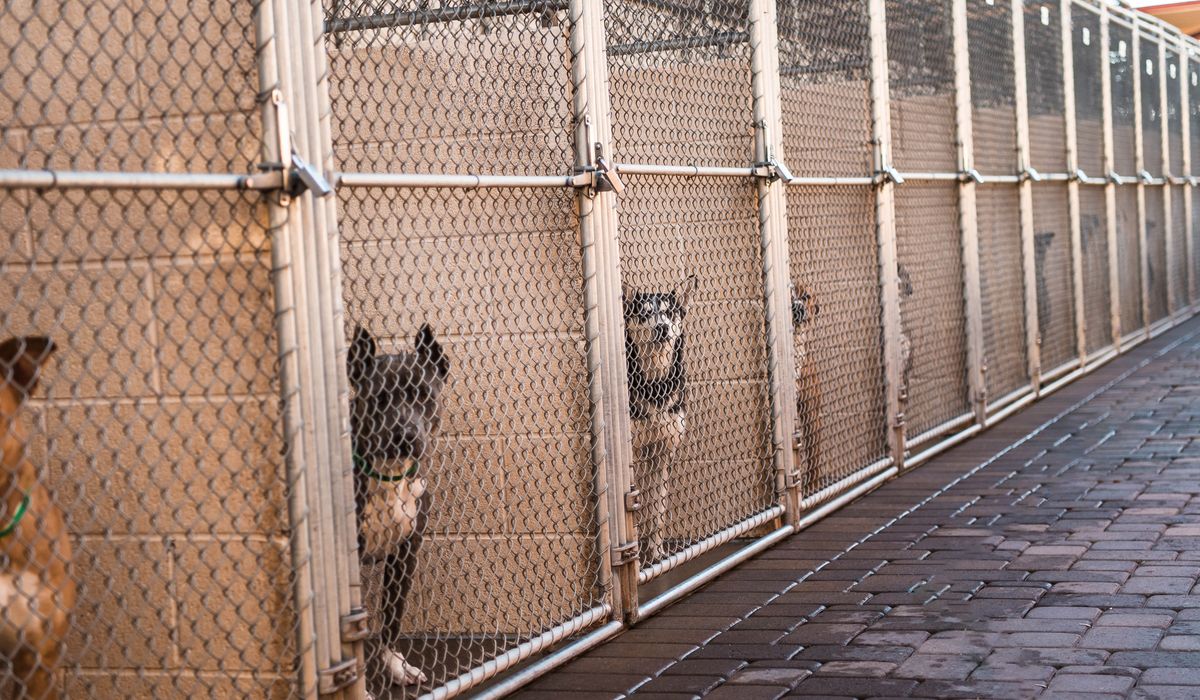


The public animal shelter in Maryland’s Prince George’s County has reopened with some restrictions after identifying and treating a mysterious dog illness.
Officials closed the Prince George’s County Animals Services Facility and Adoption Center on Jan. 4 to “stop the spread of” an unknown respiratory disease and to treat sick dogs. They would not say how many animals had died, recovered or been infected.
The county said in an email Thursday that the shelter resumed public services on Jan. 20. Officials said the reopening came 10 days after “the last emergence of symptoms” reported due to the illness, which they identified as Streptococcus Zooepidemicus, also known as Strep Zoo.
“We would not have been successful in our response and reopening without the valued guidance of our veterinarians and support of other animal service organizations in the local area and nationally,” said David Fisher, associate director of the county’s Animal Services Division. “Their expertise mixed with the elbow grease of our facility staff have enabled us to reopen our doors to the public.”
Strep Zoo — a bacterium found in pigs, horses and cattle – typically spreads in crowded and stressful environments. It can cause pneumonia fatal to dogs, with symptoms including vomiting, runny nose, coughing, fever, sluggishness and loss of appetite.
Over the past few months, the illness spread to dog shelters across at least 18 states before veterinarians identified it as Strep Zoo. No agency reported the number of infections nationally.
Prince George’s officials said they had quarantined some dogs that remained symptomatic to specific rooms for treatment.
Three other rooms at the shelter have reopened to members of the public seeking to adopt. However, officials said visitors may interact with no more than two dogs from those rooms.
“Should any dog adopted from the facility exhibit any symptoms of illness within seven days of adoption, they may be brought for treatment,” the county said. “Adopters may also choose to take the dog to the vet of their choice at their own expense.”
• Sean Salai can be reached at ssalai@washingtontimes.com.
